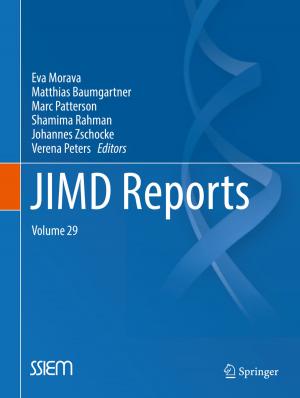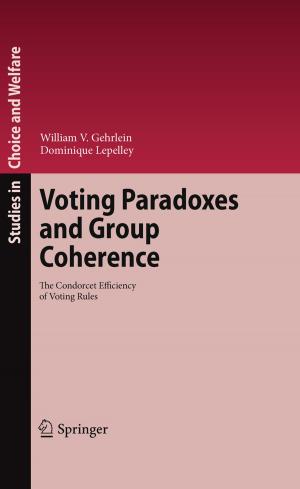Topics in Classical Micro- and Macroeconomics
Elements of a Critique of Neoricardian Theory
Business & Finance, Economics, Microeconomics, Macroeconomics| Author: | Peter Flaschel | ISBN: | 9783642003240 |
| Publisher: | Springer Berlin Heidelberg | Publication: | March 14, 2010 |
| Imprint: | Springer | Language: | English |
| Author: | Peter Flaschel |
| ISBN: | 9783642003240 |
| Publisher: | Springer Berlin Heidelberg |
| Publication: | March 14, 2010 |
| Imprint: | Springer |
| Language: | English |
This book on Classical micro- and macrodynamics includes revised versions of papers which were written between 1983 and 2000, some jointly with co-authors, and it supplements them with recent work on the issues which are raised and treated in them. It attempts to demonstrate to the reader that themes of Classical economics, in particular in the tradition of Smith, Ricardo and Marx, can be synthesized into a coherent whole, from the perspective of formal model building. This is accomplished by means of mathematical techniques which, on the one hand, provide a consistent accounting framework (labor values and prices of p- duction) as point of reference for Classical micro- and macro-dynamics and which, on the other hand, attempt to apply these accounting schemes – or suitable ext- sions of them – by showing their usefulness as tools of analysis of the implications of technological change (labor values) and as potential tools for understanding the dynamics of market prices and of income distribution around their centers of gravity (production prices and the wage-pro?t curve).
This book on Classical micro- and macrodynamics includes revised versions of papers which were written between 1983 and 2000, some jointly with co-authors, and it supplements them with recent work on the issues which are raised and treated in them. It attempts to demonstrate to the reader that themes of Classical economics, in particular in the tradition of Smith, Ricardo and Marx, can be synthesized into a coherent whole, from the perspective of formal model building. This is accomplished by means of mathematical techniques which, on the one hand, provide a consistent accounting framework (labor values and prices of p- duction) as point of reference for Classical micro- and macro-dynamics and which, on the other hand, attempt to apply these accounting schemes – or suitable ext- sions of them – by showing their usefulness as tools of analysis of the implications of technological change (labor values) and as potential tools for understanding the dynamics of market prices and of income distribution around their centers of gravity (production prices and the wage-pro?t curve).















